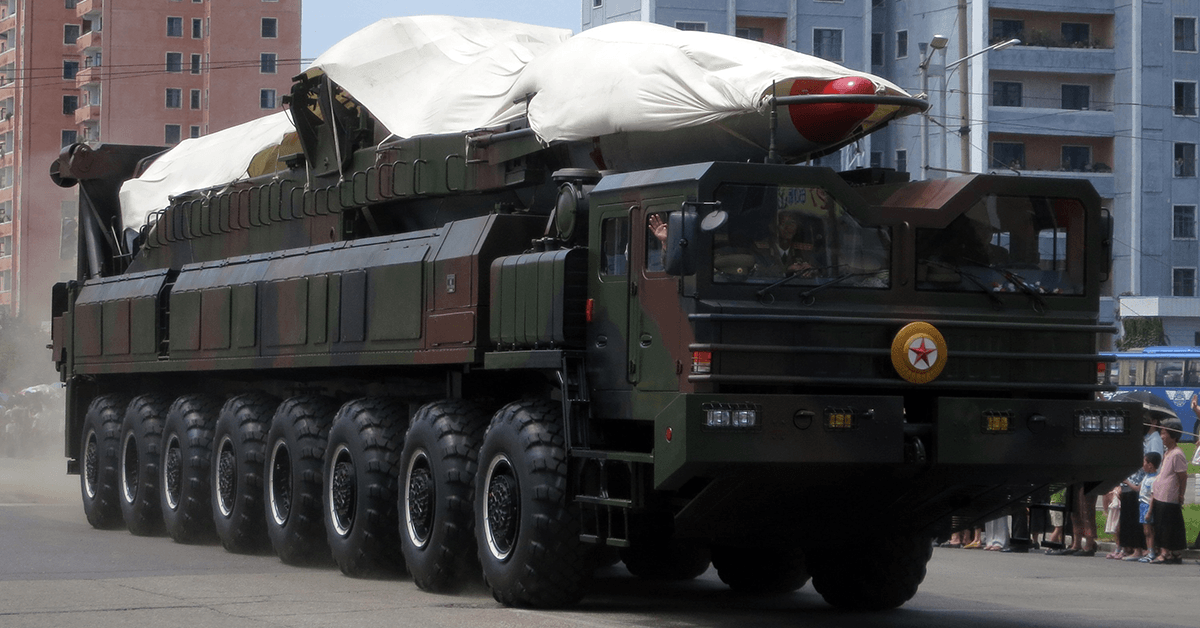Feb 7, 2018–Feb 7, 2018 from 4:30pm–6:00pm
North Korea’s Nuclear Program: From an Intelligence Perspective

Recent foment over North Korean nuclear tests and missile launches exist in a context going back decades when the intelligence community first warned U.S. policymakers of North Korea’s nuclear weapons potential in 1984. North Korea continued to resist safeguards on its program and refused to fully answer questions about its past nuclear activities. In 1994, a crisis was averted when the Agreed Framework froze existing nuclear activities. That agreement ended in 2002 and North Korea went on to conduct its first nuclear test explosion in 2006. What lessons can be learned from this history? What did the intelligence community do right and what could have been done better? Join us as Torrey Froscher, who served in the Central Intelligence Agency’s Directorate of Intelligence for 35 years with a particular focus on proliferation, will discuss how the intelligence community played a critical role all along the way—including identification of the uranium enrichment program that led to the end of the Agreed Framework. This talk is part of the Nonproliferation Policy Education Center’s Speakers’ Consortia Series, which brings retired senior policymakers to college campuses across the U.S. This event is sponsored by GPS’s Korea-Pacific Program, UC San Diego’s Political Science Department’s Center for Peace and Security Studies, UC San Diego’s International Institute, Division of Arts and Humanities Transnational Korean Studies and the Nonproliferation Policy Education Center.
Date and Time
Feb 7, 2018–Feb 7, 2018
from 4:30pm–6:00pm
Location
School of Global Policy and Strategy Robinson Auditorium
Event Registration
Registration for this event is required
by .
Visit the registration page for details.
Event Fee
Free to attend
Contact
Lisa Lee • lisalee@ucsd.edu • 858-534-2657
Audience
Faculty, Staff, Students, The General Public
Event Host
GPS's Korea-Pacific Program and Center for Peace and Security Studies